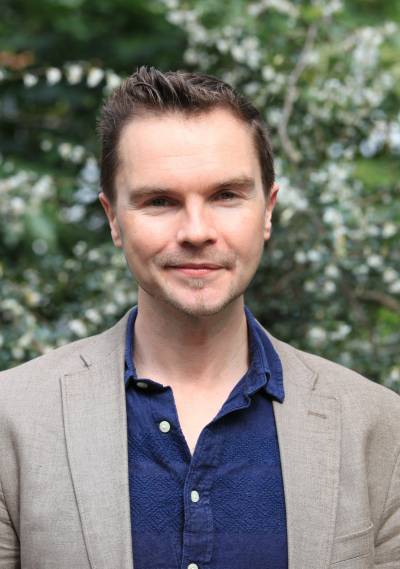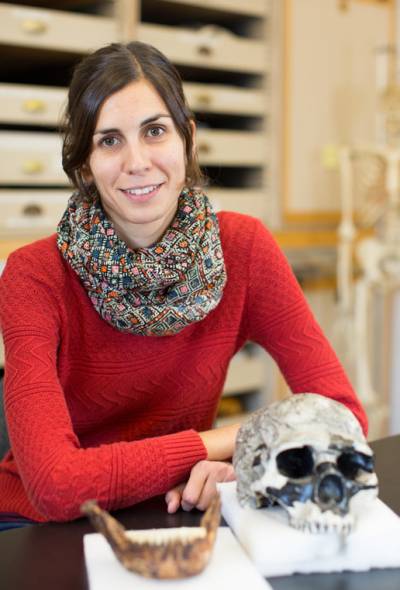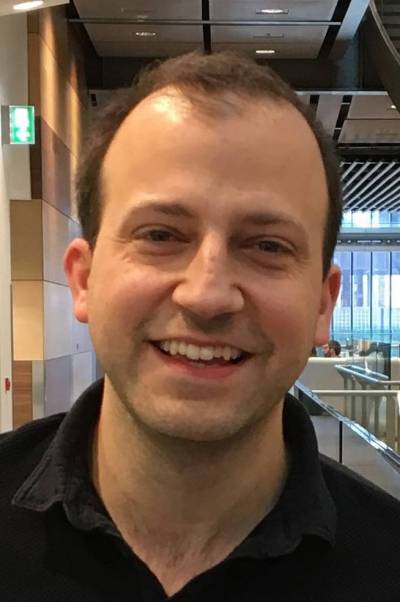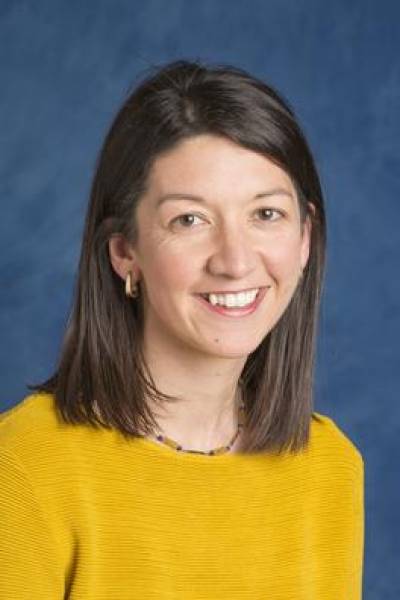UCL Excellence Fellows 2016-2017.
 | Dr Barney Bryson (NIHR BRC UCL Excellence Fellow)Barney has a long standing interest in developing therapeutic strategies to overcome the effects of paralysis caused by conditions such as nerve and spinal cord injuries and, in particular, the motor neuron disease, amyotrophic lateral sclerosis (ALS). His current work focuses on the development of a pioneering strategy to restore lost muscle function. This approach uses a combination of stem cells, to replace lost or damaged motor neurons, together with optogenetics, which enables modified stem cell-derived motor neurons to artificial control the function of paralysed muscles using pulses of light, following their engraftment into peripheral nerves. To pave the way for the future translation of this strategy into an effective therapy for humans, Barney is using state-of-the-art optical stimulation and in vivo 2-photon imaging approaches in rodent models of muscle paralysis and neurodegeneration. He is also using the individual cellular components of this strategy to develop sophisticated in vitro neuromuscular junction (NMJs) models to investigate NMJ formation and function in health and disease, with the aim of developing novel neuroprotective strategies for neuromuscular disorders. In 2016, Barney was awarded a Senior Non-Clinical Fellowship award from the Motor Neurone Disease Association, which will further enhance his ability to deliver the goals of this ambitious and pioneering research. He is also a recipient of funding from the Rosetrees Trust. |
 | Dr Aida Gomez-RoblesAida is a biological anthropologist with research interests in the phylogenetic relationships between human fossil species, and in the evolution of traits that make humans phenotypically so different from nonhuman primates in spite of their close genetic similarity. Her research focuses on craniodental and brain variation in these groups and combines medical imaging, morphometrics, quantitative genetics and phylogenetic comparative methods to describe anatomical variation within species and long-term patterns of evolution across lineages. Her most recent work, which she will continue expanding on at UCL, evaluates the fundamental role of developmental plasticity on the evolution of the human brain, addressing its evolutionary trends, selective advantages and evolutionary costs. Her previous work has been developed at the University of Granada and National Research Center for Human Evolution (Spain), Konrad Lonrenz Institute for Evolution and Cognition Research (Austria) and George Washington University (USA). In 2019, Aida took up a lecturer position in the UCL Department of Anthropology. |
 | Dr Pierre Maillard (Wolfson UCL Excellence Fellow)Pierre is interested in the mechanism of mammalian host defence against viruses focusing on the study of innate immunity through RNA interference (RNAi). This mechanism is a well-established antiviral strategy in plants and invertebrates and involves cleavage of long double-stranded RNA (dsRNA) derived from viral replication by the enzyme Dicer into small interfering RNA (siRNA). These small RNAs are loaded into an effector complex and guide the cleavage of target RNAs such as the viral genome and viral transcripts. During Pierre's postdoctoral studies first at the Swiss Federal Institute of Technology in Zurich and then at the Francis Crick institute in London, he explored the potential existence of antiviral RNAi in mammalian cells. He uncovered that this mechanism of antiviral defence is intact and effective in mouse embryonic stem cells but is highly reduced in differentiated cells. His most recent work revealed that long dsRNA triggers RNAi in mouse differentiated cells but is masked or inhibited by the interferon pathway. His aims are now centred on understanding the cell types and contexts in which RNAi plays a role in the mammalian antiviral system. In 2019 Pierre was awarded a UKRI Future Leader Fellowship. |
 | Laura Shallcross (UCL Rosetrees Stoneygate Excellence Fellow)Laura is a public health doctor and epidemiologist interested in developing novel data-driven approaches to reduce inappropriate antibiotic prescribing, which is one of the major drivers of antimicrobial resistance. Laura's work focuses on antibiotic prescribing for urinary tract infection syndromes in hospital, bringing together clinical data from high-dimensional electronic health records with the collection of omic samples from patients with suspected infection. By combining an existing immune (RNA) signature for bacterial infection with clinical data from electronic health records, her goal is to compare conventional statistical and machine learning techniques to develop novel risk prediction and diagnostic tools that can guide antibiotic treatment decisions in hospital. In 2017, Laura was awarded an NIHR clinician scientist fellowship to develop these models and to test the safety and feasibility of her approach in a proof of concept randomised controlled trial. |
 Close
Close

